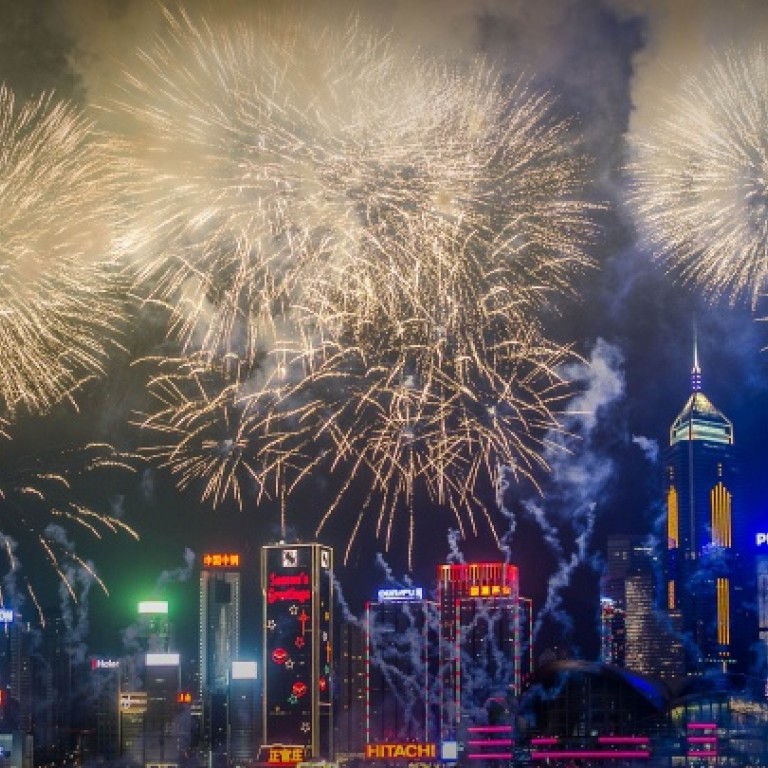
Hong Kong is multicultural; don't let anyone tell you otherwise
Jingan Young says Hongkongers should refuse to believe any imposed view of how multicultural our city is, and simply enjoy its cultural mix
I grew up in this melting pot of cultures; rich, varied and, most notably, colour-blind. In Hong Kong, multiculturalism is not a label, dogma or an insult; it's a way of life. A multicultural upbringing is not the result of "bad policymaking". Of the 6.4 per cent "other" nationalities in our population of just over 7 million, friends are inevitably from, well, everywhere: Indonesia, Canada, Singapore, Japan, France, India, Pakistan, America. Weekends are spent dancing to Bollywood hits, devouring homemade pad thai and watching Woody Allen films.
The mixed cultures result in a sort of ethnological Disneyland, and many comment on the fact that "Hong Kong people just don't have an identity".
But is that such a bad thing? Can a lack of any one identity somehow lead to a more equal society?
It's easy to account for our "identity crisis", given the city's colonial roots and its rebirth as a special administrative region, with a government that is no longer tied to Britain and has a "high degree of autonomy". This suggests that existing rules about relations between different ethnicities have been dissolved; just take the common acceptance of mixed-race marriage.
Discrimination still exists but, as the Equal Opportunities Commission's awareness survey has found, it is largely in areas relating to age and sex, or in the working environment.
Most of the remnants of Hong Kong's colonial past can be found within the education system. To don a school uniform still gives one an elevated social status, largely because of students' assumed ability to speak English fluently. Regardless of whether you are among the 2.2 per cent in private schools, this view is shared by many, including government officials who this year approved total annual expenditure on education of over HK$63 billion, notwithstanding the fact that sons of top bureaucrats frequently study abroad.
When they head off to Britain, for example, the Hong Kong student faces a few unsettling realities: the clear division of race and class, accompanied by prevalent racism, is bewildering - surely to be a modern citizen is to be an international one?
The recent hand-wringing and angst that resulted from the World Values Survey, that revealed (in the end) that 27 per cent of Hongkongers were racist (or at least "intolerant") doesn't reveal anything concrete, in my view. If the city is so unaccepting of "the other", why do people still come? Curry houses continue to pop up, , a show on world music on RTHK Radio 3, continues to be broadcast and Diwali balls continue to make their mark at international schools.
Perhaps we also need to examine ethnic minorities' tolerance of Hongkongers. Do they attempt to integrate themselves into society? So far, this has been a one-sided argument. It should be remembered that Hong Kong is more diverse and democratic than any other city.
We should disregard any politician's view of multiculturalism and go back to the roots of the word's meaning, that is, "relating to or containing several cultural or ethnic groups within society". The way forward lies in reclaiming the word for ourselves.
